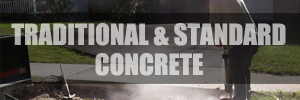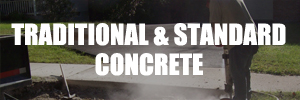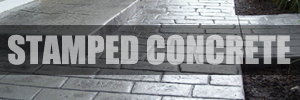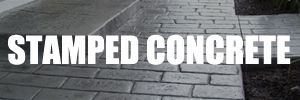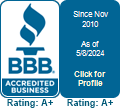Pass the salt. No really – PASS!
Winter is upon most of the United States and for some it’s a time that means festivities and fun, but to others, it’s a time of maintenance and foresight. In northern states, the winter checklist includes clearing gutters/downspouts, replacing furnace filters, checking humidifiers, tuning up that snow blower, buying de-icing wiper fluid with new winter blades. What’s missing?

If you said rock-salt, well shame on you. While rock salt is used on some roadways to melt snow and ice – you should also know that rock salt is highly corrosive. Never mind the ugly salt stains on your car or your daughter’s Uggs – the damage rock salt does beyond your sidewalk and driveway is equally ugg-ly.
Sodium chloride – salt – will cause permanent pox marks on your car or truck not to mention permanently damage your concrete driveway. Excess salt can also damage wildlife and plant life, but let’s consider how salt will affect your landscape.
Masonry, stone and concrete – especially if less than a year old – are vulnerable to the effects of the freeze/thaw cycle. While you may think these surfaces are 100% solid – concrete is essentially a porous material that absorbs water. If rock salt is applied, the water and salt mixture absorb into the concrete after the snow or ice has melted. Adding insult to injury – rock salt has a tendency to attract more water. So when mixed with more water and penetrating your concrete, about 10% more water is absorbed, causing an even greater problem when the water re-freezes and expands. CRA-A-CKK!
For pet owners, especially dog owners, rock salt is dangerous and painful. Salt can seep into paws and fur and during higher temperatures, the salt can burn skin surfaces – causing redness and skin ulcers which can lead to serious infections. Over long periods of time, often through licking salt from their paws, dogs and cats can develop intestinal problems, stomach inflammation and can even die.
Safe alternatives
Now that you’re snuggling your cats and dogs, vowing to never use rock salt again, you’re asking yourself: What CAN I use that’s safe and effective? Not everyone has a heated driveway or can afford heating mats (never mind their impracticality), but there are several natural alternatives.
• Kitty litter: Perhaps not the most cost-effective solution, but for smaller areas, it provides traction and is eco-friendly. It’s also easier to justify the cost if you’re a cat owner.
• Sand: A great alternative to rock salt as it provides traction, poses no dangerous effects on the environment, it’s inexpensive and can easily be removed. Note: If you choose sand, make sure you look at brick sand since it’s coarser and will provide more ‘grab’.
• Ashes: For those with a fireplace at home, ashes make for a convenient and economical alternative to rock salt. Ashes provide traction and will help the ice melt quickly on sunny days as they absorb sunlight quicker.
• Beet juice: So maybe you don’t like beets, but their juice has been growing in popularity to applications for larger areas.
• Safe Paw Ice Melter: This product is widely available and is safe for concrete applications but is especially safe for pets!
Hopefully this gives you some ideas that will help prevent damage to your cars, your landscaping and your concrete this winter. So if it’s not snowing outside right now, get over to your home improvement store, your pet supply store, your beet store or just to your fireplace and get ready for that next freeze, but whatever you do – pass on the salt!
